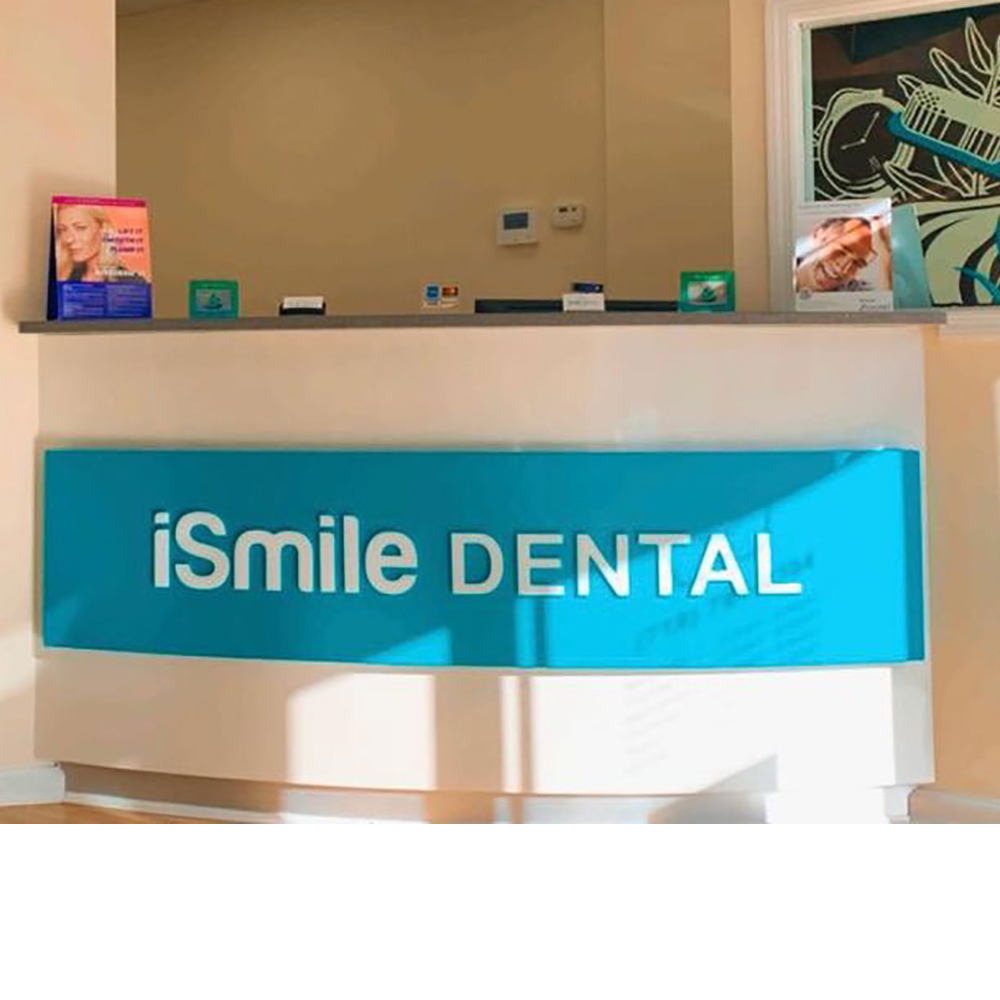
If a tooth has been significantly damaged by decay or injury or if it is too misshapen, undersized, or darkly stained to be restored with fillings, dental bonding or veneers, a full coverage restoration is typically required. Known as a dental crown or “cap,” a full coverage restoration is custom designed and fabricated by the dentist to fit over the damaged tooth to recreate a healthy and natural appearance and to re-establish the function of the tooth. Beyond restoring the form and function of the tooth, a dental crown serves to strengthen and preserve the underlying tooth so that with proper care it can be maintained for many years.
Dental crowns are typically recommended as the restoration of choice when a tooth has undergone a root canal procedure. They are also used to cover the abutment teeth next to an edentulous space to provide support for a fixed bridge and are used for the restoration of dental implants to serve as a permanent replacement for a lost or missing tooth.
Crowns can be fabricated from a variety of materials including porcelain or dental ceramics, porcelain fused to metal, composite resin and metal alloys. Which type of crown is fabricated depends upon the aesthetic and functional requirements of the case, patient preferences, and budget.
How are dental crowns fabricated?
Tooth preparation and crown fabrication is a multistep process:
With proper care and maintenance, a dental crown can last for many years.

Ready to schedule your next dental appointment or have questions about our services?
Contacting iSmile Dental is easy! Our friendly staff is available to assist you with scheduling appointments, answering inquiries about treatment options, and addressing any concerns you may have. Whether you prefer to give us a call, send us an email, or fill out our convenient online contact form, we're here to help. Don't wait to take the first step towards achieving the smile of your dreams – reach out to us today and discover the difference personalized dental care can make.